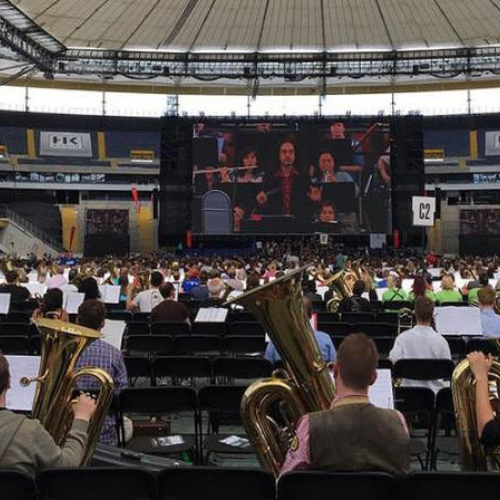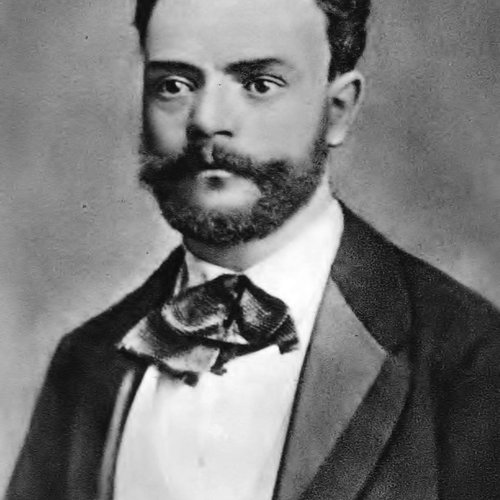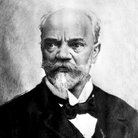Dvorak's greatest symphony - the Seventh.
Dvorak’s finest Symphony links Prague, London and Glasgow.
There seemed to be no end of inspirational sources for Dvorak as he began this work in late 1884 after a break from symphonic writing for a number of years. Brahms, his friend and mentor, had just completed his third symphony and Dvorak - a newly elected honorary member of the Philharmonic Society of London - received a commission for a new symphony. But if you believe the stories, it was on one of his daily trips to Prague’s busy railway station that the enthusiastic trainspotter finally found his inspiration. Troops were arriving in Prague for a special concert to support the early struggle for a Czech homeland, and Dvorak was inspired by his intense patriotism and political leanings to compose music which he believed 'must be capable of stirring the world, and may God grant that it will'.
But if you, like me, are hooked on Dvorak’s lovely melodies and want to share in his musical ideas rather than his political ones, the symphony doesn’t disappoint. There are plenty of those trademark sunlit passages, with warm-hearted lyrical themes throughout. But there’s also a darker side to this symphony with a sense of tragedy alongside the rustic bird song and horn calls.
The entire symphony begins with an almost ominous tone, but in the second movement Dvorak reflects on his own personal crisis. The recent death of his mother and of his eldest child weighed heavily, and to the second movement he added his own footnote: 'From the sad years'. That mournful sense of loss re-emerges in the final movement; but the symphony ends with an assertive defiance, underlining the composer’s belief that his dreams for nationhood would be achieved.
The symphony marked an important milestone in Dvorak’s life - and it was the only one he completed under a commission. The work was completed in a mere three months and the composer himself conducted the premiere in London’s St. James’s Hall on 22 April 1885. That’s the reason given for it’s title – the London symphony – but this is perhaps one of his most nationalistic works, packed with references to his Czech homeland and full of Slavonic melodies. If you’re in any doubt – Dvorak himself underlined his emotional connection when he wrote his own proclamation on the score; ‘God, Love and Country’.
If Dvorak hoped his hugely successful London premiere would secure publication of his Seventh Symphony, he must have been disappointed by the miserable 3000 marks he was offered by his publisher – who also demanded cuts to the work. Finally, a compromise was reached when small cuts were made to the second movement, but Dvorak received double the original fee! A small price to pay for one of the most glorious symphonies, and certainly Dvorak’s greatest.








